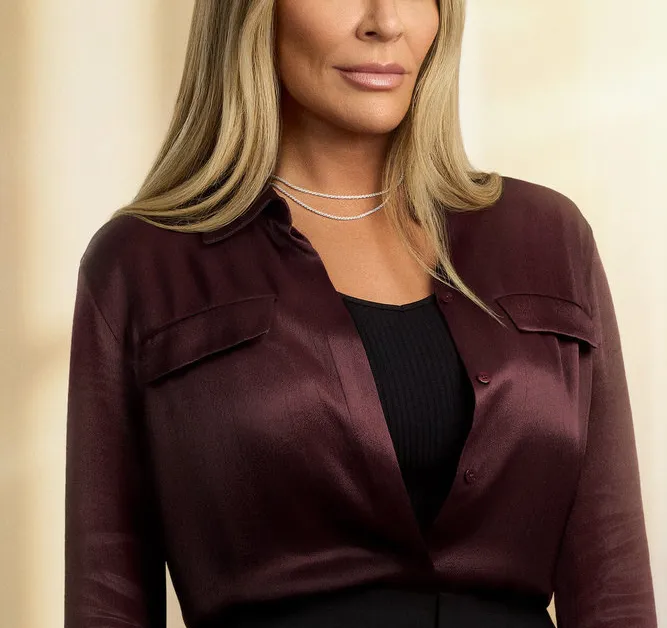Copyright TIME

Matheson’s uneasy mix of resentment towards the Mormon establishment and guilt about how many men he subjected to spurious therapies makes him a fascinating subject. Gay’s other interviews are more straightforwardly heartbreaking. Ben, the husband of her friend Shane, tells a harrowing story of alleged sexual abuse at the hands of a male member of his ward that began when he was just four years old. A pair of sisters, Jennie and Lizzy, can’t even recall a time before their now-incarcerated father’s abuse. In both cases, the survivors say they dutifully reported these horrors to Mormon leaders, but the leaders allegedly not only failed to notify authorities, but also appeared to close ranks to protect the Church’s interests and the men being accused. (The sisters sued the Church over its handling of their allegations and ultimately settled the case.) Ben’s alleged abuser was not excommunicated until 2019, following a lawsuit from another alleged victim that was settled. All of this Mormon pop culture has helped to create an impression of a religion comparable to, say, Catholicism, with adherents ranging from orthodox to casual and a history of covering up abuse that has stained its establishment without fundamentally discrediting its belief system. Gay would like to go further; the stated inspiration for her series is Leah Remini’s Scientology and the Aftermath. Surviving Mormonism may fall short of exposing its target as a cult, but it certainly works as a counterbalance to the camera-ready momfluencers giving the Church free publicity. “What’s weird about Mormonism,” Matheson says, in an observation that effectively sums up the case that the show succeeds in making, “is: It’s the kindest cruel culture.”



